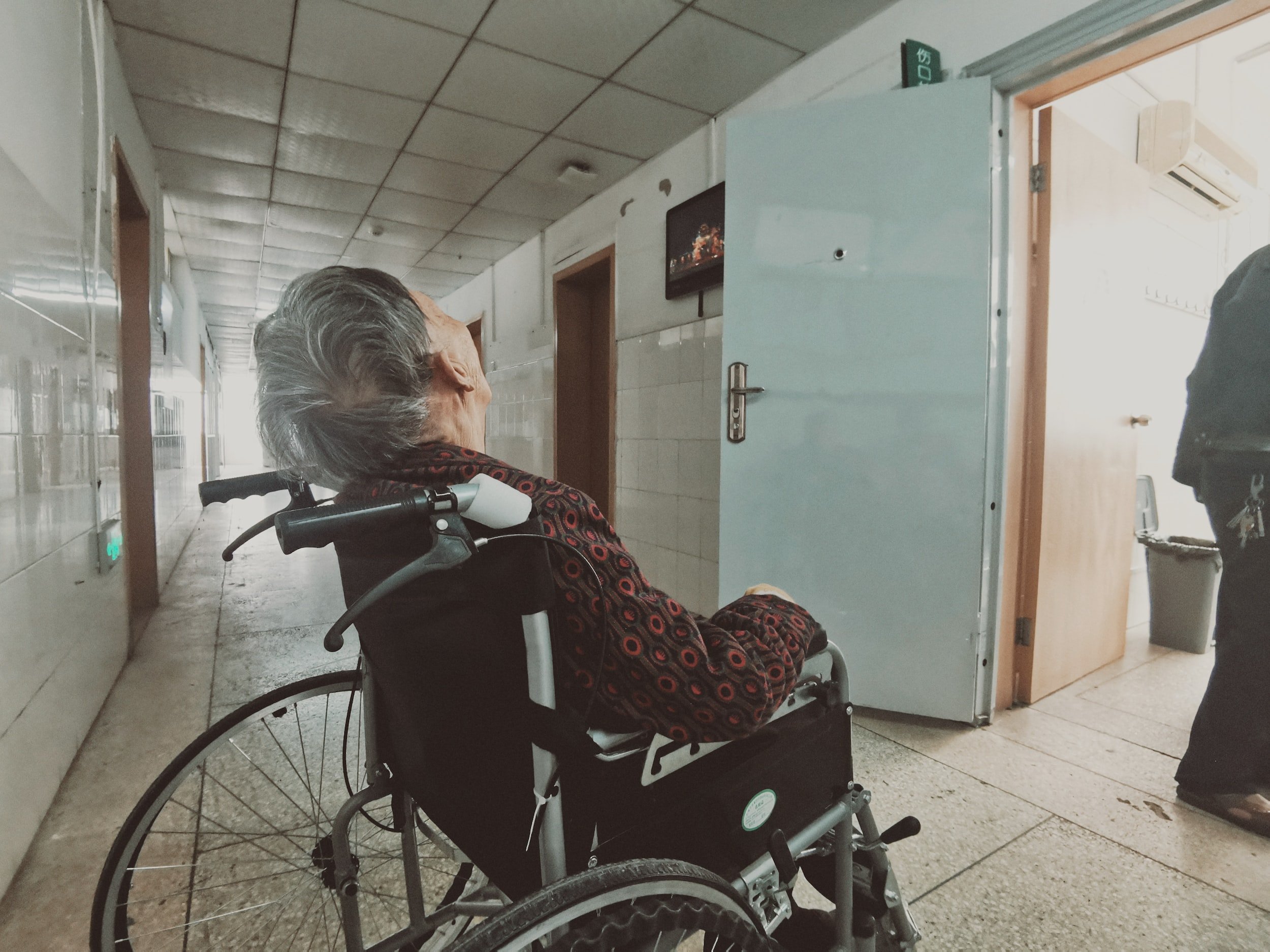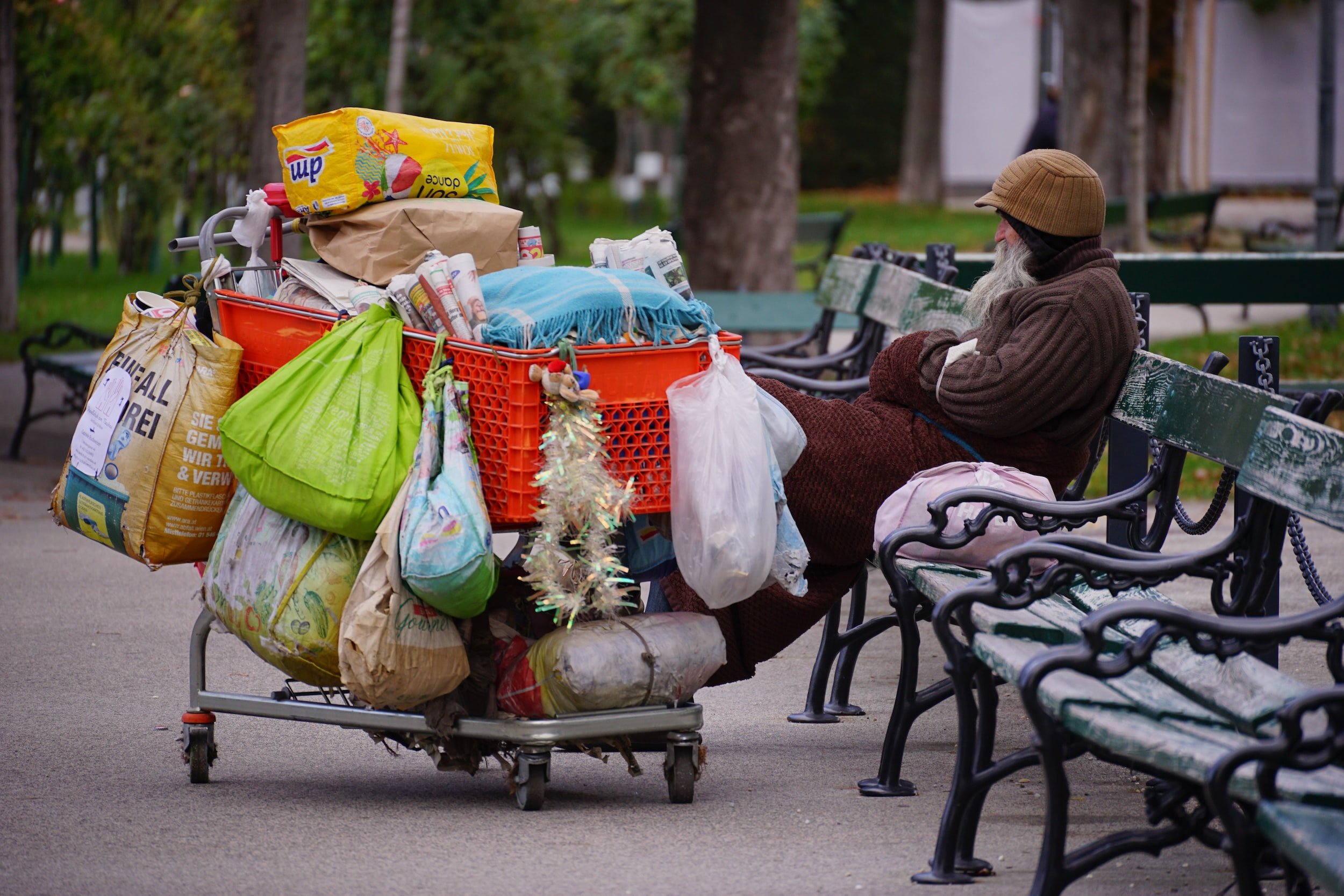case studies
Cases by Topic
- Behavioral Services not Baker Act 1
- Discrimination on the Basis of Disability 6
- Discrimination on the Basis of Race 2
- Discrimination on the Basis of Sex Gender Identity and Sexual Orientation 5
- Drivers’ License Suspensions for Municipal Ordinance Violations 1
- Ensuring Due Process 7
- First Amendment 5
- Food Sharing is Not a Crime 2
- Government Accountability & Access to Courts 4
- High Quality Education 4
- Home & Community-based Medicaid Services 13
- Homeless 12
- Juvenile Justice 3
- LGBTQ Rights 3
- Mental Health 5
- Promoting Fairness and Due Process 7
- Property Sweeps 2
- Protecting Freedom of Speech 3
- Right to Ask for Help 3
- Right to Be in Public Places 2
- Sleeping is a Human Need 1
- Students with Disabilities 6
- Transgender Rights 2
Buxton v. City of Plant City, Fla.
In a landmark case widely cited by courts, SLC established the right of public employees to receive a name-clearing hearing after termination of their employment when stigmatizing information has been made part of the public record or otherwise published.
Grayden v. Rhodes
SLC represented extremely low-income tenants who were evicted from their apartment building with less than a day’s notice because the City of Orlando had decided to condemn the building. The federal appeals court agreed with SLC that tenants have a constitutional right to contemporaneous notice of their right to a hearing in a condemnation action against the apartment owner. This opinion is the touchstone of federal due process law in the Eleventh Circuit and is cited by courts in hundreds of other cases. We co-counseled with Greater Orlando Area Legal Services and pro bono counsel Cathy L. Lucrezi.
Mosher v. State of Fla.
A person with a severe and persistent mental illness who had been institutionalized for significant periods of time was found not competent to proceed to trial after a charge of aggravated battery, and she was confined to the forensic unit at Florida State Hospital (FSH). After confinement and treatment for about two years, FSH reported that she would not regain competency. The trial court determined that state law required her to be confined for five years.
Washington, et al. v. DeBeaugrine
Issuing a preliminary injunction, the federal district court prohibited the Agency for Persons with Disabilities (APD) from terminating or reducing Medicaid Waiver recipients’ benefits prior to affording them an evidentiary hearing. As a result of the preliminary injunction, SLC negotiated a settlement with APD that resulted in a permanent injunction that applies to the putative class of more than 4,000 individuals with developmental disabilities.
Catron v. City of St. Petersburg
On behalf of homeless people who were trespassed from city parks, this case established that all people enjoy a constitutionally protected liberty interest to be in public places of their choosing and that the government must provide due process if it deprives people of this right by issuing trespass warnings. Co-counsel were the National Law Center on Homelessness & Poverty and Florida Institutional Legal Services.
Moreland et al. v. Palmer
In a statewide class action, SLC represented persons with developmental disabilities who challenged, under federal due process, the adequacy of notices being used to reduce services in a new Florida Medicaid Waiver program—the iBudget program. A mediated settlement resulted in: 1) cessation of arbitrary reductions of services; 2) reinstatement of millions of dollars in benefits for the settlement class, impacting thousands of people; 3) policy changes to ensure notice is sent to both the person and his/her legal representative; and 4) policy changes to provide notices in English and in the person’s primary language. Nancy E. Wright was co-counsel.
McArdle v. City of Ocala
Southern Legal Counsel represented Patrick McArdle, Courtney Ramsey, and Anthony Cummings, three individuals experiencing homelessness who had been repeatedly arrested under the city’s open lodging ordinance that made it a crime for homeless persons to sleep outside. The City also issued trespass warnings, banning them from returning to public parks permanently without providing an opportunity for a hearing.







